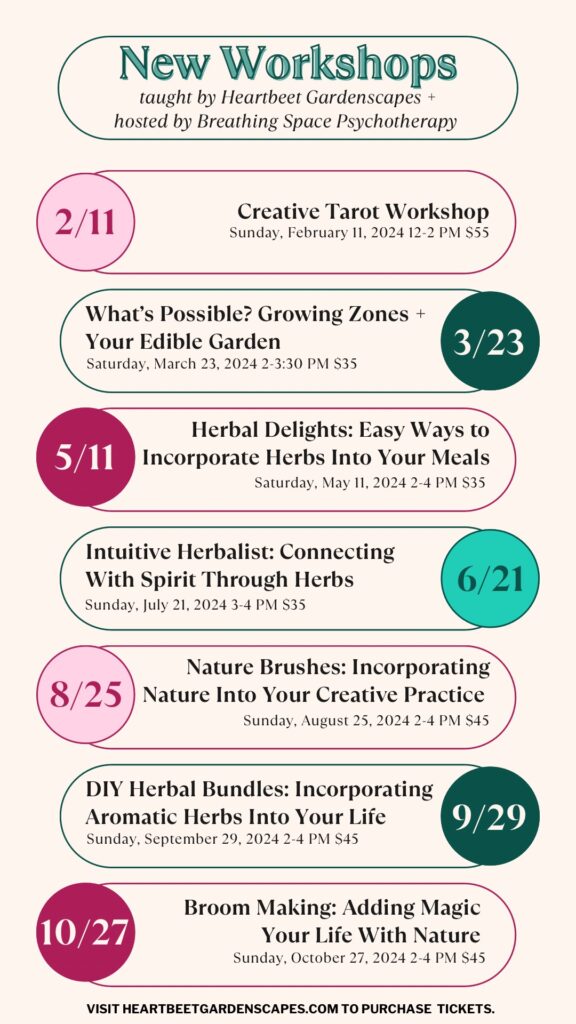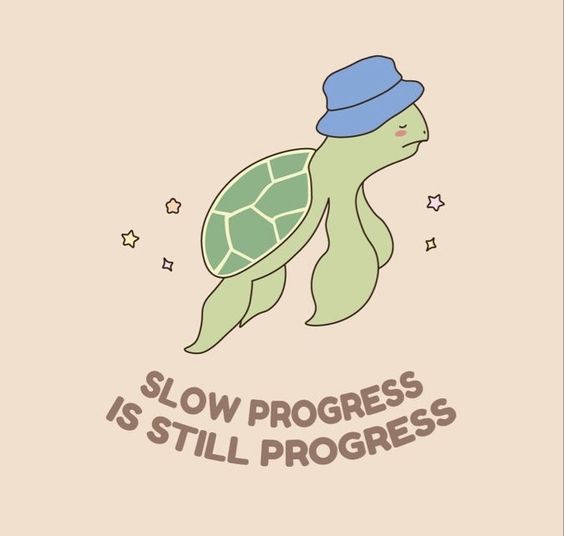The Idea of the Week
In this 20-minute video, Elizabeth Filips shares her 4 pillar framework to finish the project you started. Most of these pillars are shifts in perspective that help maintain long-term motivation when you get inevitably caught up in that boring task.
- Object of My Desire: When you’re struggling to stay motivated with your project, it could be because you’re putting too much emphasis on the end results. Instead, try to see tasks as opportunities to improve your skills. This shift in perspective can help you stay motivated and focused on the process rather than just the outcomes.
- Always Meet Your Heroes: The skills you think are important to succeed at a task or project may be different from what is necessary. In this pillar, Elizabeth suggests to “meet your heroes” to get the perspective of what those necessary skills are to succeed.
- Back on Track: this is Elizabeth’s perspective for approaching any tasks in a given project. She uses Strategic Detachment to maintain consistent motivation for long periods of time. The project itself may be temporary; regardless, you are improving your skills in the long-term. Learn more about this practice below.
- Sixth Sense: This is another shift in perspective that Elizabeth uses when she feels like giving up on something. She focuses on becoming more intentional in her actions and approach.
For people who have ADHD, following through with projects and tasks is difficult. Sustaining energy and attention on a task that is not interesting is difficult. So, in this 8-minute video, Caren Magill shares the following tips for How to Follow Through When You Have ADHD:
- Have someone join you and do it along with you.
- Ask someone to body double with you. Body doubling means that you have someone doing a task alongside you. They do not have to be doing the same task as you or even giving instructions on the task.
- Incentivize the journey. Set a small reward or celebration for small milestones.
- Radical structure: use tools like Notion, Todoist, a bullet journal, a virtual assistant, etc. to externalize your structure and organize your progress. This looks different for everyone, so evaluate your life and where you want more support.
- Whenever you want to pick up something new, be clear about why you’re doing it and why it matters to you.
- Whenever you want to pick up something new, ask yourself, “Is this something I would be able to follow through with no problem or is it something that I might fall off the wagon?”
- At which point would it fall off the wagon? At 25%, 50%, or 75%?
- What can you do to follow through? Try using the other tips above for this.
The Practice of the Week
Based on Elizabeth’s 4 pillar framework, keep your projects going and your motivation strong with these practices:
Object of My Desire
Break down the task into its skill components. A task that you may find boring still holds value in terms of skills. For example, writing an essay for your class: for most people, this can be boring. Let’s break it down.
- What are the skills associated with the task? For the essay example, writing the essay can improve your writing skills, and your argument structure, or give you a better understanding of the topic, etc.
- Now, cross-reference this skill list with your set of skills and values. What are your core skills and values? What skills on the task skill list align with your values? Get creative!
This exercise can help you shift your perspective to view tasks as vehicles for improving skills, especially skills that align with your personal values.
Always Meet Your Heroes
Make an assessment of what skills will move the needle of progress, especially for tasks that you have low motivation for.
Reminder: You do not need to completely ignore the skills that do not move the needle. If you enjoy the skill, even if it is not necessary to succeed, it can still be valuable because you enjoy it! Continue to do what you love, and add in the skills that are necessary.
The point here is that focusing on skills you do not like and that do not give you progress will not get you where you want to be. Slowly, that will chip away at your motivation until you set the project aside and never pick it up again.
Back on Track
Strategic Detachment: keeping your attachment and passions for and detaching your associations and identity with the task.
For instance, completing the essay does not put you on the path of finishing college or becoming a doctor.
Instead, shift your perspective and detach your identity from the task: completing the essay gives you the opportunity to practice and improve your skills.
“I’m not ‘becoming a doctor’ in the sense that I’m on the path of doing that.
I’m becoming Elizabeth,
and being a doctor is just a way for me to spend my time learning about the human body and helping people.”
—Elizabeth Filips
Sixth Sense
Choose a task that you feel low motivation for and set your intention for the task. Try to be specific and clear. For instance, “I am focused and productive as I work on this task” or “I am improving my argument structure with this essay.”
As you complete the task, even when you are doing poorly or making mistakes, think about how every small thing you do leads to a response.
For instance, “I am adding a lot of words into this paragraph. The point of my argument is unclear.” The first sentence is your action—what you are doing. The second sentence is the response to the action: too many words leads to an unclear argument.
News of the Week
Getting the Love You Want:
An Immersive Couples Weekend
Elevate your relationship with this Immersive Couples Weekend Workshop. Learn essential tools for a conscious, healthy relationship that you can practice beyond the workshop. Discover the profound joy of understanding and embracing each other’s love language where you both can feel seen and loved by one another.
Invest in your relationship and join Lauren Ippoliti, LCSW-R for a weekend to focus on caring for your relationship and yourself!
Lauren is offering two slots each time for FREE to either therapy graduate students enrolled in MFT/MHC/MSW programs. There is one free slot left for April’s workshop, so secure your spot quick!
April 5th – 7th, 2024
Fridays 6:00 pm to 9:00 pm, Saturday 9:00 am to 7:00 pm and Sunday 9:00 am to 6:00 pm
2100 E. Genesee Street Syracuse NY, 13210
Join Tati, back by popular demand, for her next series of Family Constellations Workshops this April 20-21!
Tati owns a healing and psychotherapy practice working with sacred plant medicine, ancestral healing, and art therapy in her home in Ecuador.
Last year, Tati visited the U.S. for the first time to hold workshops and healing sessions in Erieville and Fayetteville, NY, all of which had such a positive reception that people requested more! Join Tati for her return this April and her next series of workshops and healing sessions.

The Thought of the Week
Wishing you a peaceful week!






